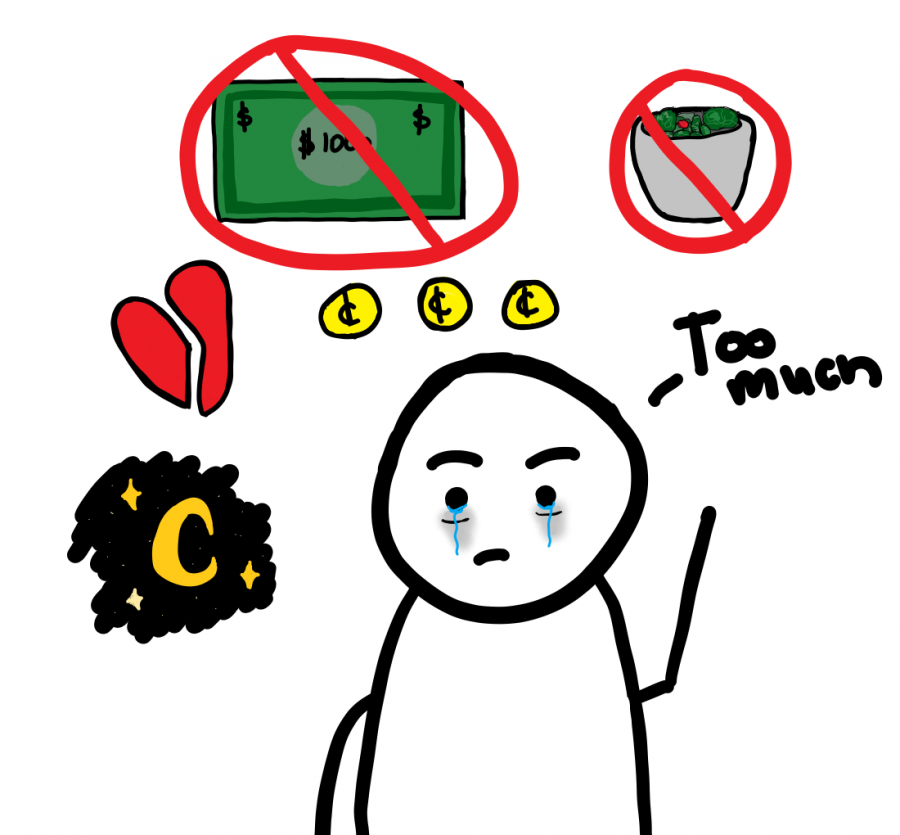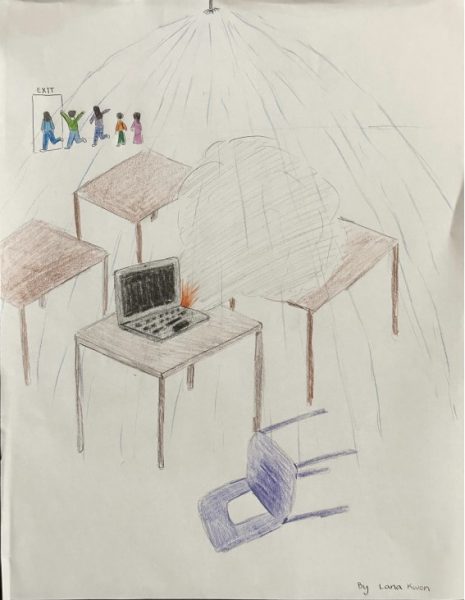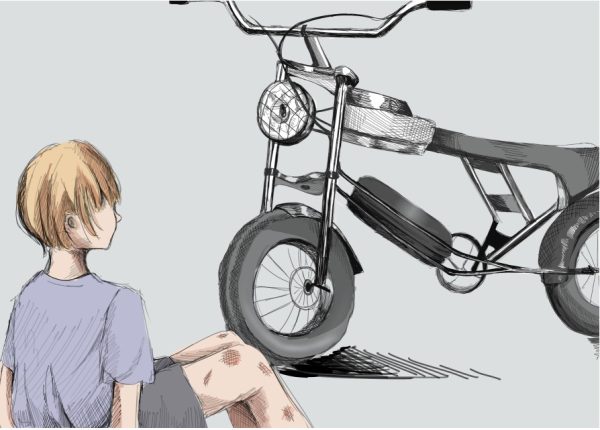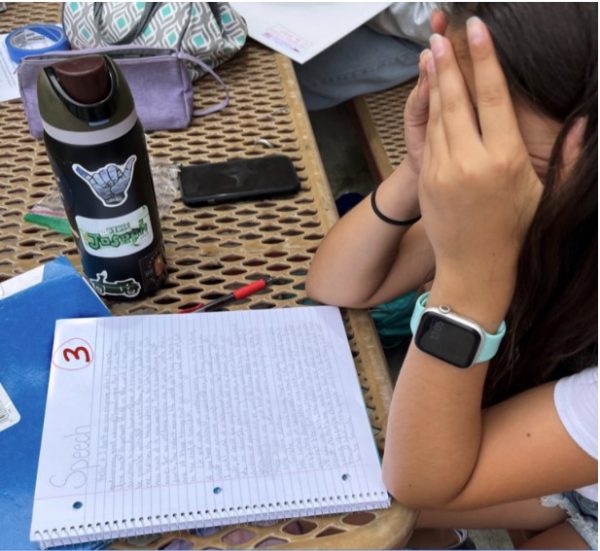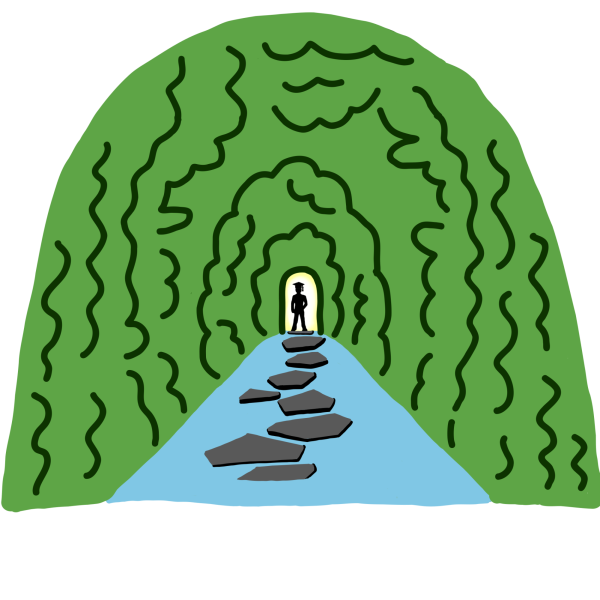The Possibilities in Life are Endless, Should we do Less?
As life becomes increasingly complicated, many students and citizens are becoming more stressed out. There is a constant push to do more but perhaps, simplifying will allow students to be more creative and more productive
With so many responsibilities and stress building up, life can be hard, especially for high school students.
There is so much division within society, it can feel like everyone’s living in a different world, but there’s one thing that unites most people: almost everyone is stressed.
The American Psychological Association (APA) collected research that shows that 87% of Americans want people to be able take a deep breath and calm down. Furthermore, stress grows and accumulates as people grow older and each holiday, birthday, and new year seems to bring a certain amount of existential dread. People can often feel like they’re falling behind or not meeting their self-imposed deadlines.
At the core of the issue, beyond one’s given circumstances, one’s approach to life will directly affect their perception and experiences. Therefore, it can be assumed that life is made more complicated because of people’s decisions and actions. This problem is exacerbated by the unique culture of Irvine where there is a lot of pressure to succeed which can lead to a workaholic culture and anxiety for participants.
When asked about this culture, sophomore Reese Beard said “Life is complicated because we as humans overthink and make a big deal out of little things. We all play a part in making this world complicated but some things are inevitable, such as the current pandemic. With all this, we can be more aware and informed to keep situations more simple.”
In his book “The Achievement Habit,” Stanford University professor Bernard Roth posits that “nothing has meaning” so therefore, we assign meaning to everything. It can be very hard to decide what truly adds value to your life when you are a teenager and still trying to reconcile your identity so trying many things is truly advantageous because indiscriminate sampling can help one discover and enjoy activities they never thought they would. Because the only way to discover your passion is through immersion, joining activities is very important, but remaining in them is not. If something does not add value to your life and you are choosing to do it, you are taking time away from an activity you do enjoy. It can be hard to see free time as anything but a waste of time but it is actually a very valuable tool to help students become more well rounded, better citizens of the world.
Unstructured free time allows students to come up with new solutions to problems, and be more creative. Jenny Odell, author of “How To Do Nothing: Resisting the Attention Economy” writes that “doing nothing —in the sense of refusing productivity and stopping to listen—entails an active process of listening that seeks out the effects of racial, environmental, and economic injustice and brings about real change” and posits that “doing nothing acts as a kind of deprogramming device and as sustenance for those feeling too disassembled to act meaningfully.”
Your donation will support the student journalists of Woodbridge High School. Your contribution will allow us to purchase equipment and cover our annual website hosting costs.
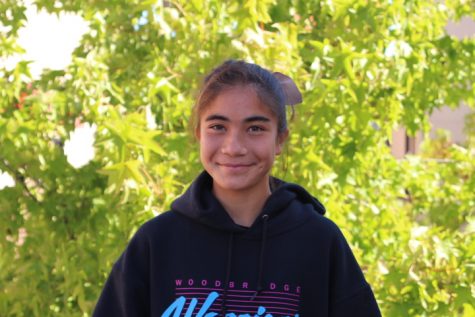
Hey Warriors! My name is Ada Meltzer and I’m this year’s Features A editor. This is my third year on the Golden Arrow and I can’t wait to see what...
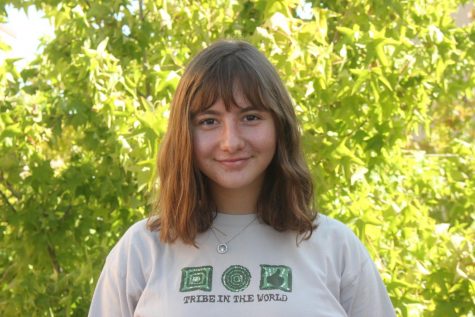
Hello readers! I am Raya Koleva and I am in the tenth grade. This is my first year in journalism, which makes me a newbie! I hope when reading...



